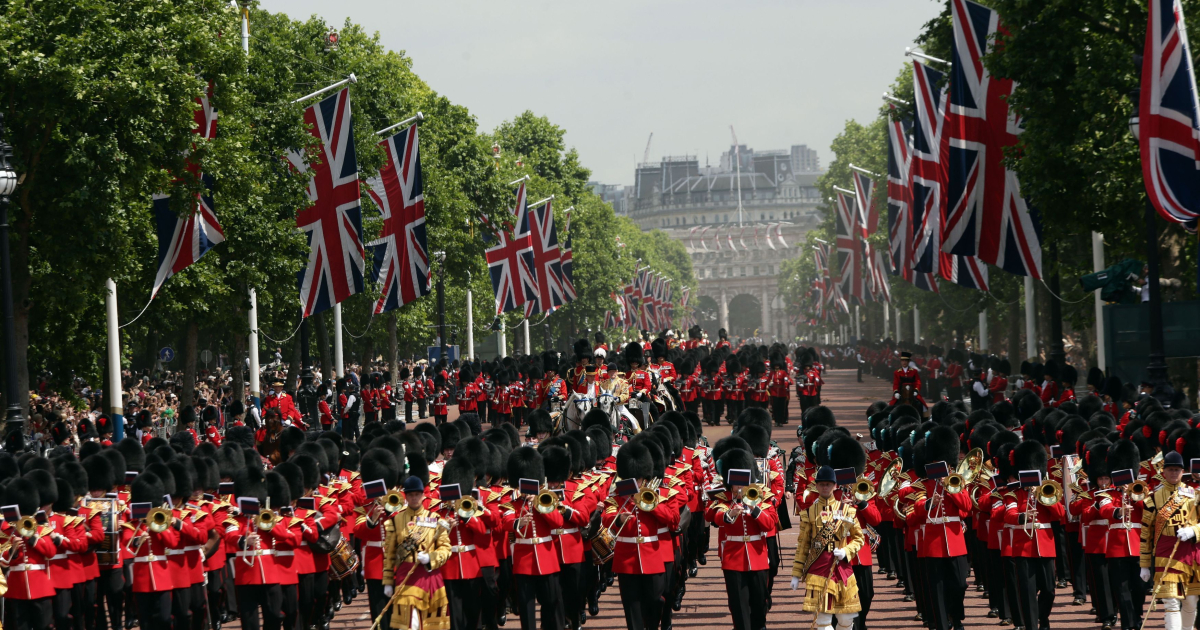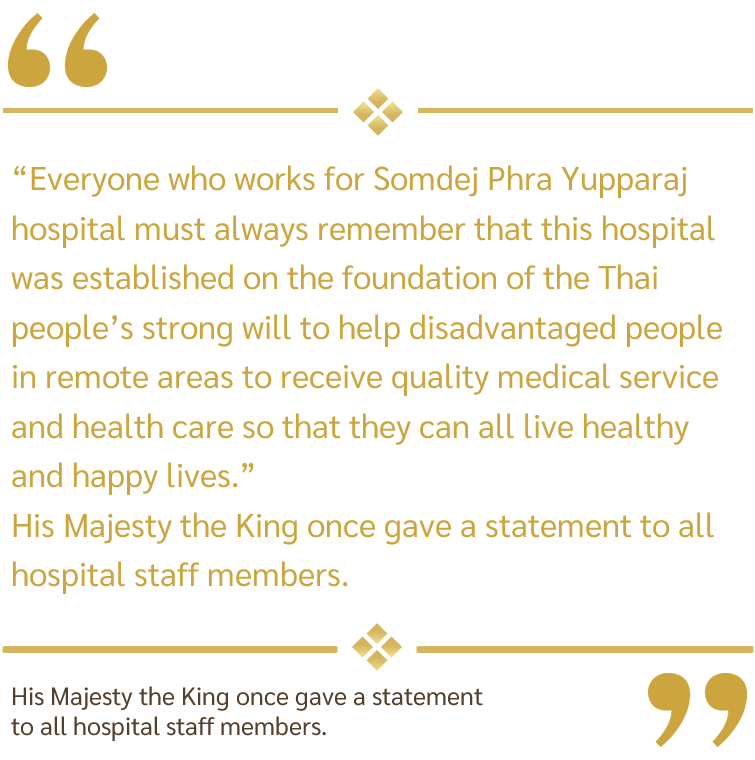What Royal Duties Do Crown Families Have? Unveiling The Glitz And Grit
Let’s be real, folks—royal families have always been the ultimate source of intrigue and fascination. But what exactly are the royal duties that come with the crown? It’s not all glitz and glamour, y’all. There’s some serious work behind the scenes that keeps those thrones standing tall. Whether it’s attending state events, representing the nation, or just being the face of tradition, the royal duties of crown families are more complex than you might think.
Now, before we dive into the nitty-gritty, let’s get one thing straight: being royal ain’t just about waving from a balcony or throwing tea parties. Sure, there’s plenty of pomp and circumstance, but these families have responsibilities that go way beyond the surface. From diplomatic missions to charity work, they’ve got their hands full. And trust me, it’s not always easy being the face of a nation.
So, buckle up, because we’re about to break down what royal duties really mean for crown families. Think of it as your ultimate guide to understanding the behind-the-scenes action of monarchy life. Whether you’re a royal enthusiast or just curious about the inner workings of royal life, this article’s got you covered. Let’s get started!
Read also:Erome If351a The Buzzword Thats Taking The World By Storm
Table of Contents
- A Brief History of Royal Duties
- Official Royal Duties
- Diplomatic Roles
- Charitable Work
- Ceremonial Responsibilities
- Cultural Contributions
- Media Presence
- Personal Obligations
- Preparing for the Future
- Wrapping It All Up
A Brief History of Royal Duties
Alright, let’s rewind for a sec. Royal duties haven’t always been what they are today. Back in the day, monarchs were all about ruling with an iron fist, making laws, and leading armies. But as times changed, so did the role of royalty. Nowadays, royal families are more about symbolism, tradition, and representation.
For instance, in the UK, the monarchy transitioned from absolute power to a constitutional monarchy. This means that while the royals still hold ceremonial roles, they don’t have much say in actual governance. Instead, they focus on supporting the government, promoting national unity, and preserving cultural heritage. And let’s not forget the international diplomacy part—they’re basically the country’s goodwill ambassadors on a global scale.
But here’s the kicker: royal duties aren’t just about tradition. They’ve evolved to meet modern needs. Whether it’s addressing climate change or championing mental health, crown families are stepping up to tackle issues that matter to people today. So yeah, they’ve come a long way from just wearing crowns and waving at crowds.
Official Royal Duties
State Events and Functions
Official royal duties often revolve around state events. Think royal weddings, coronations, and state visits. These events aren’t just for show—they’re crucial for maintaining relationships between nations. For example, when a royal family hosts a state visit, it’s not just about rolling out the red carpet. It’s about fostering diplomatic ties, promoting trade, and showcasing national pride.
And let’s not forget the opening of parliament or other governmental ceremonies. In many countries, the monarch plays a key role in these events, symbolizing the continuity of governance. It’s all about being the steady hand that guides the ship of state, even if they’re not actually steering it anymore.
Government Support
While royals don’t make laws, they do have a role in supporting the government. This can range from giving royal assent to legislation to acting as a ceremonial head of state. In the UK, for instance, the Queen (or King) meets with the Prime Minister weekly to discuss matters of state. It’s a way of staying informed and offering guidance, without overstepping their constitutional boundaries.
Read also:Joe Lycett Partner Everything You Need To Know About Their Relationship
Plus, royals often serve as patrons of various organizations, lending their name and influence to promote important causes. This can include everything from healthcare to education, giving them a platform to drive positive change.
Diplomatic Roles
When it comes to diplomacy, crown families are like the ultimate ambassadors. They travel the world, meeting leaders, signing agreements, and promoting their nation’s interests. But it’s not all handshakes and photo ops. Diplomatic roles require a deep understanding of global politics and a knack for building relationships.
For example, royal tours are often carefully planned to strengthen ties between countries. Whether it’s attending international summits or visiting foreign dignitaries, royals are expected to represent their nation with grace and diplomacy. And let’s be real, they’ve got to be on their A-game at all times. One wrong move, and it could affect international relations.
Charitable Work
Supporting Causes
Charitable work is a huge part of royal duties. Crown families often use their platform to support causes close to their hearts. Whether it’s Prince Harry’s work on mental health or Princess Diana’s efforts to ban landmines, royals have a unique ability to bring attention to important issues.
And it’s not just about putting on a charity gala or cutting a ribbon. Many royals are deeply involved in the organizations they support, attending meetings, fundraising, and even volunteering their time. It’s a way of giving back to the community and making a real difference in people’s lives.
Royal Foundations
Many crown families also establish their own foundations to further their charitable work. These foundations often focus on specific areas, like education, health, or environmental conservation. By pooling resources and expertise, they can tackle big problems with a coordinated effort. Plus, it gives them a way to leave a lasting legacy beyond their time in the spotlight.
Ceremonial Responsibilities
Ceremonial duties are where the magic happens—or at least where the pageantry does. From Trooping the Colour to Remembrance Day, royals are often at the heart of national celebrations. These events are all about bringing people together and celebrating shared values and traditions.
But it’s not just about putting on a show. Ceremonial responsibilities are a way of connecting with the public and reinforcing the sense of community. Whether it’s laying a wreath at a war memorial or hosting a garden party, these events are an opportunity for royals to engage with their citizens and show their support.
Cultural Contributions
Royal families are also key players in preserving and promoting cultural heritage. From supporting the arts to championing historical preservation, they play a vital role in keeping traditions alive. In many cases, royals are patrons of cultural institutions, helping to fund and promote important projects.
And let’s not forget the cultural exchange aspect. When royals travel abroad, they often bring a piece of their culture with them, sharing music, art, and traditions with their hosts. It’s a way of building bridges and fostering mutual understanding between nations.
Media Presence
In today’s world, royal families can’t escape the media spotlight. Whether it’s tabloids or social media, they’re constantly under scrutiny. But instead of shying away, many royals have embraced their media presence as a way to connect with the public.
From giving interviews to posting on Instagram, they use various platforms to share their work and engage with fans. It’s a way of humanizing the monarchy and making it more relatable to everyday people. And let’s be honest, who doesn’t love a good royal photo op?
Personal Obligations
While royal duties are all about serving the public, there’s also a personal side to it. Crown families often have to balance their official responsibilities with their private lives. This can be a tricky juggling act, especially when the whole world is watching.
From raising children to maintaining relationships, they’ve got to find time for the little things that make life meaningful. And let’s not forget the pressure of living up to expectations. It’s not easy being in the public eye all the time, but they manage to pull it off with style and grace.
Preparing for the Future
As the world changes, so must the role of crown families. Preparing for the future means adapting to new challenges and embracing innovation. Whether it’s using technology to reach wider audiences or tackling global issues like climate change, royals are stepping up to the plate.
And it’s not just about the current generation. Crown families are also focused on grooming the next generation of royals to take over the reins. This involves education, training, and instilling a sense of duty and responsibility from a young age. It’s all about ensuring the monarchy remains relevant and respected for years to come.
Wrapping It All Up
So there you have it—a deep dive into the royal duties of crown families. From official responsibilities to personal obligations, it’s clear that being royal is no walk in the park. But despite the challenges, these families continue to serve their nations with dedication and grace.
And here’s the thing: royal duties aren’t just about tradition. They’re about making a difference in the world. Whether it’s through diplomacy, charity, or cultural contributions, crown families have a unique opportunity to shape the future. So the next time you see them waving from a balcony or shaking hands at an event, remember that there’s a lot more going on behind the scenes.
Now, it’s your turn. What do you think about the royal duties of crown families? Do you think they’re doing enough, or is there room for improvement? Leave a comment below and let’s keep the conversation going. And if you enjoyed this article, don’t forget to share it with your friends. After all, knowledge is power—and so is a good royal scoop!


